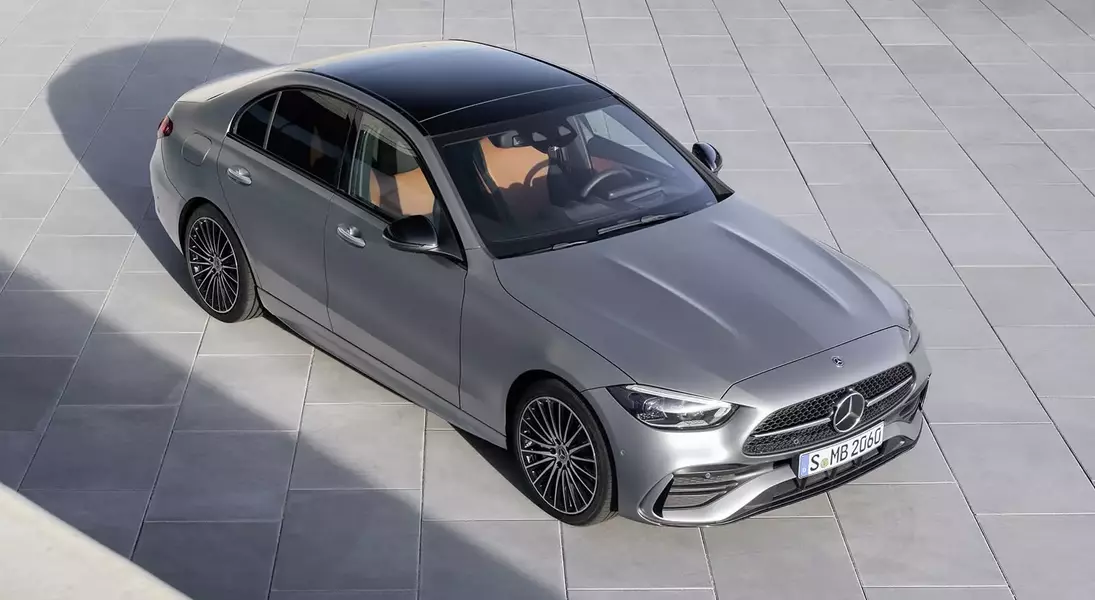
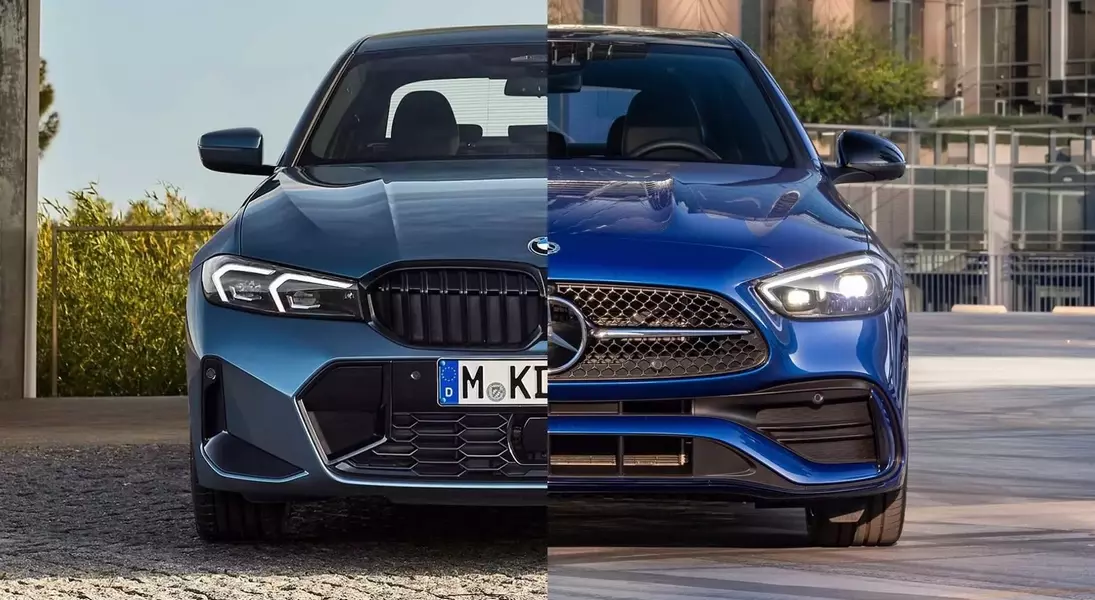
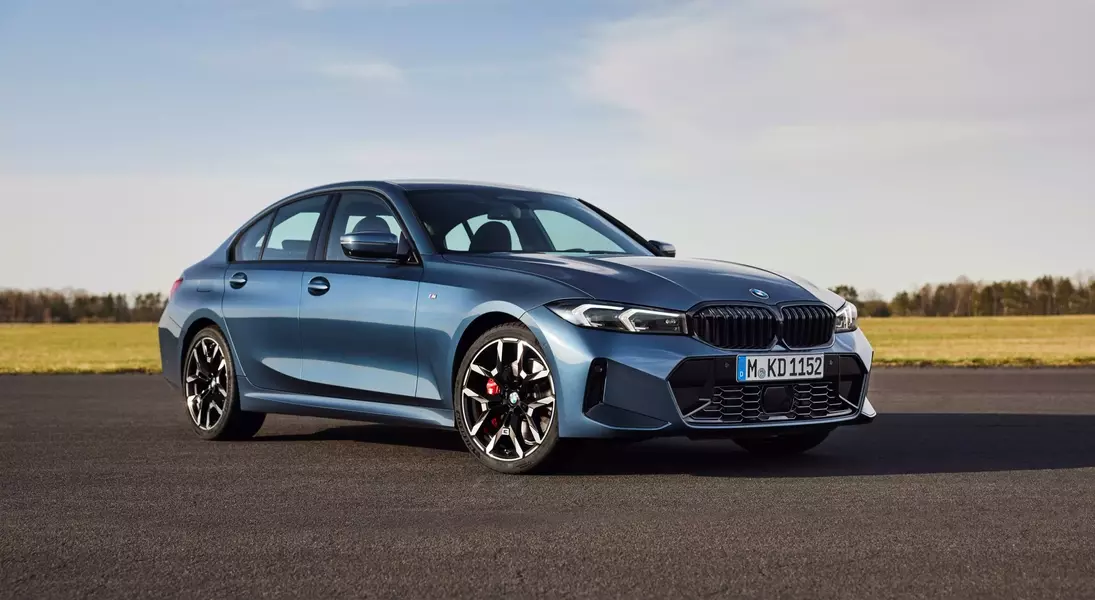
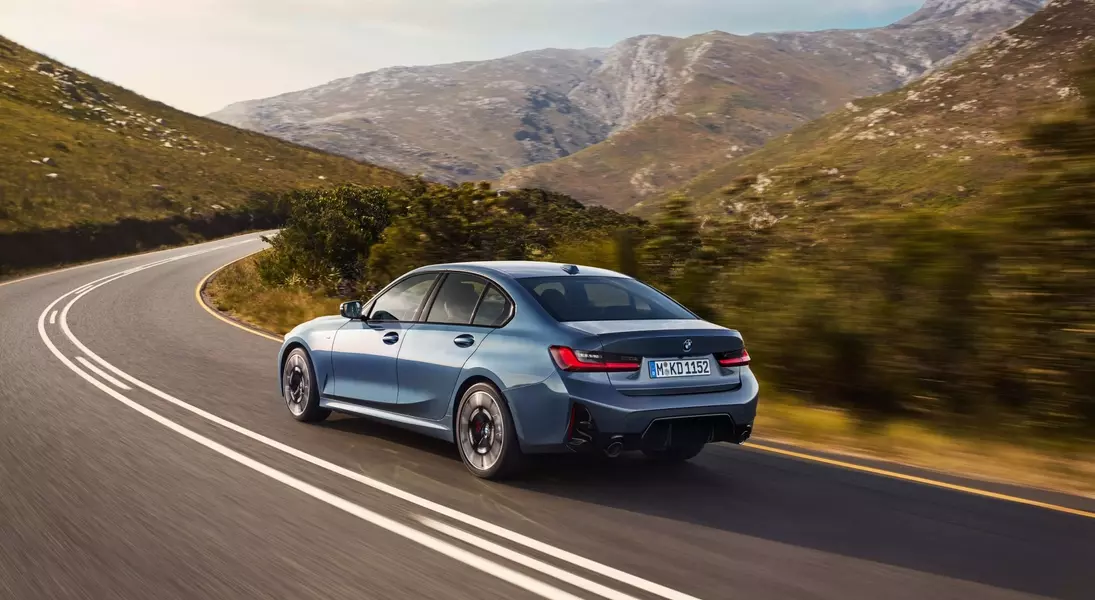
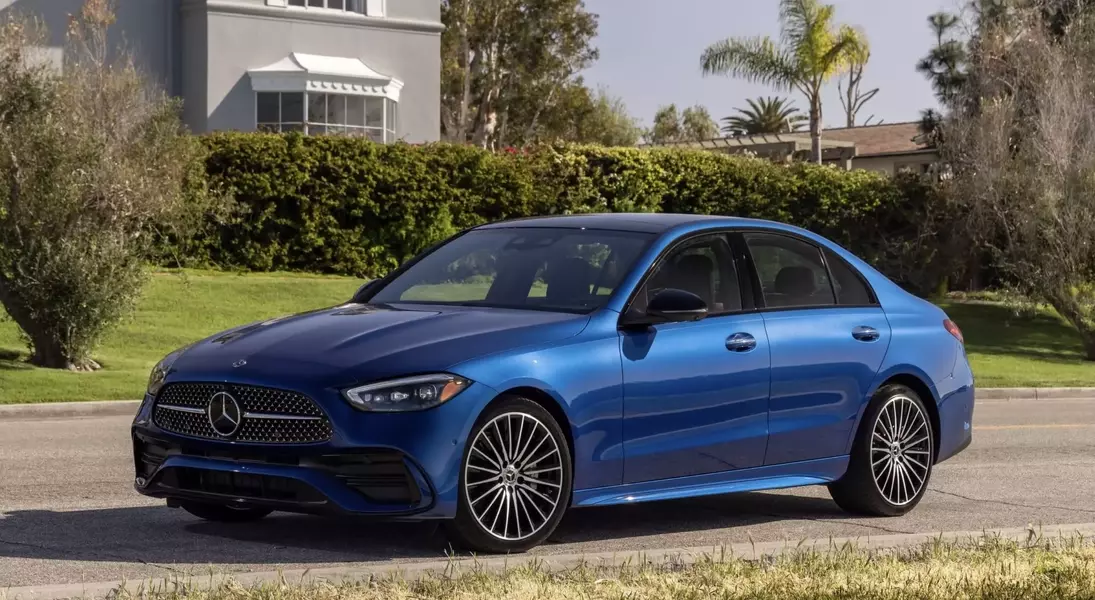
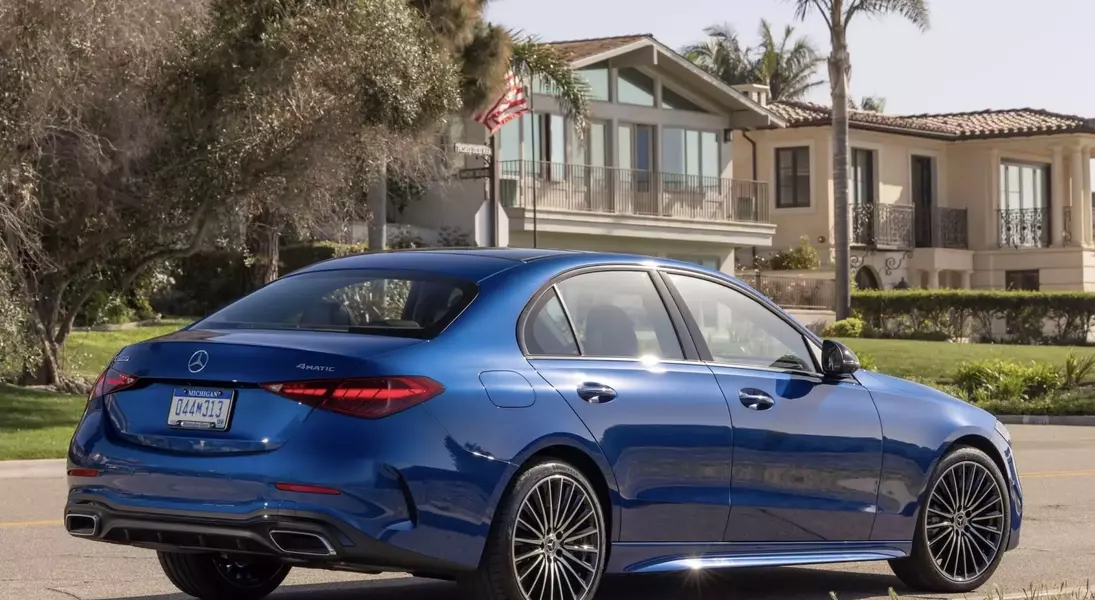
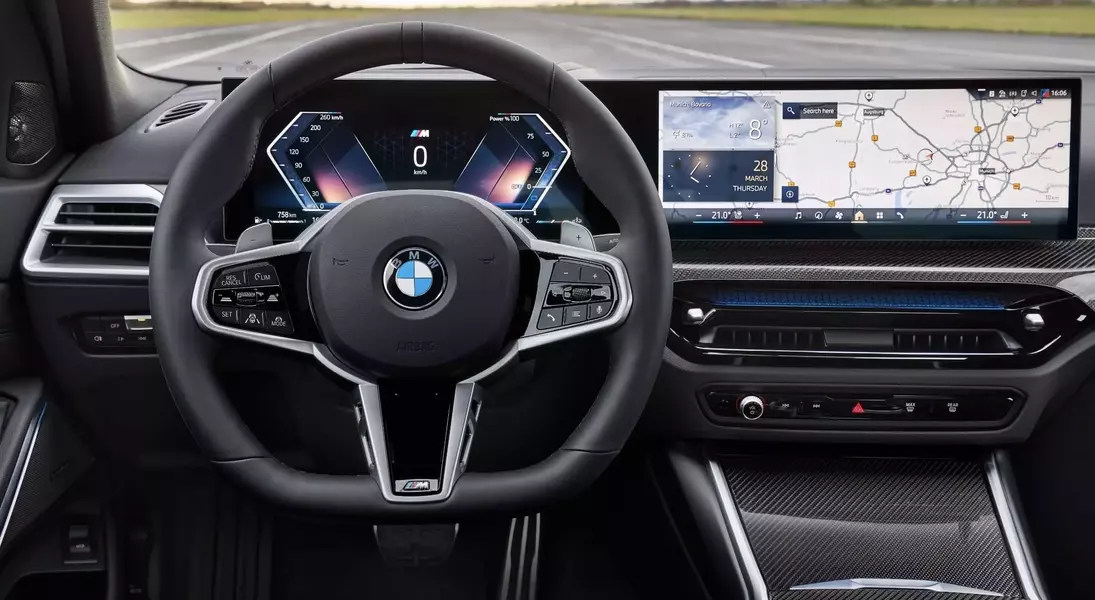
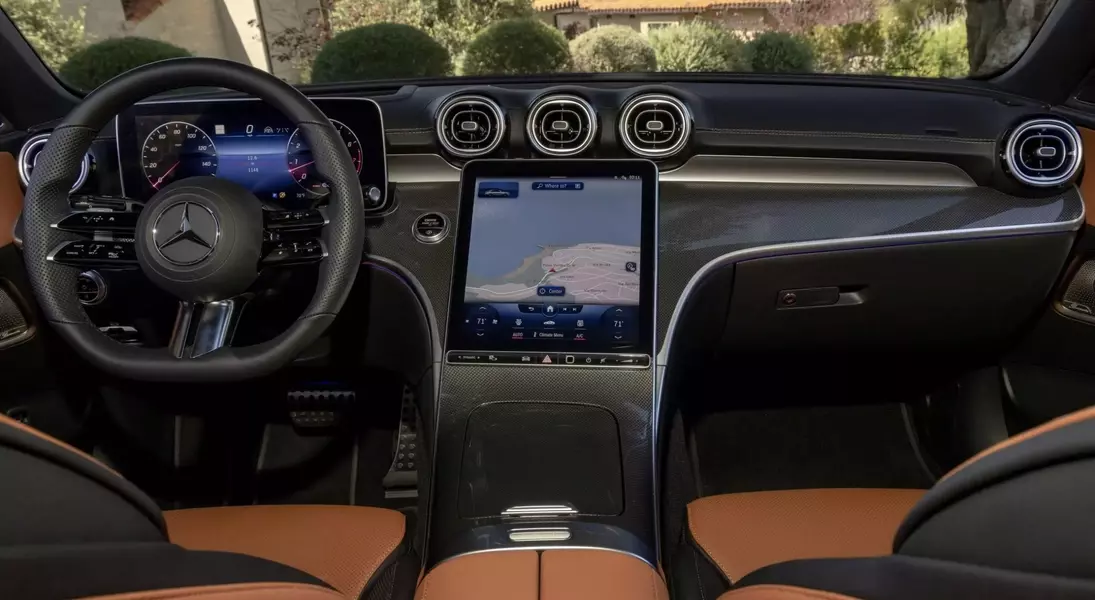
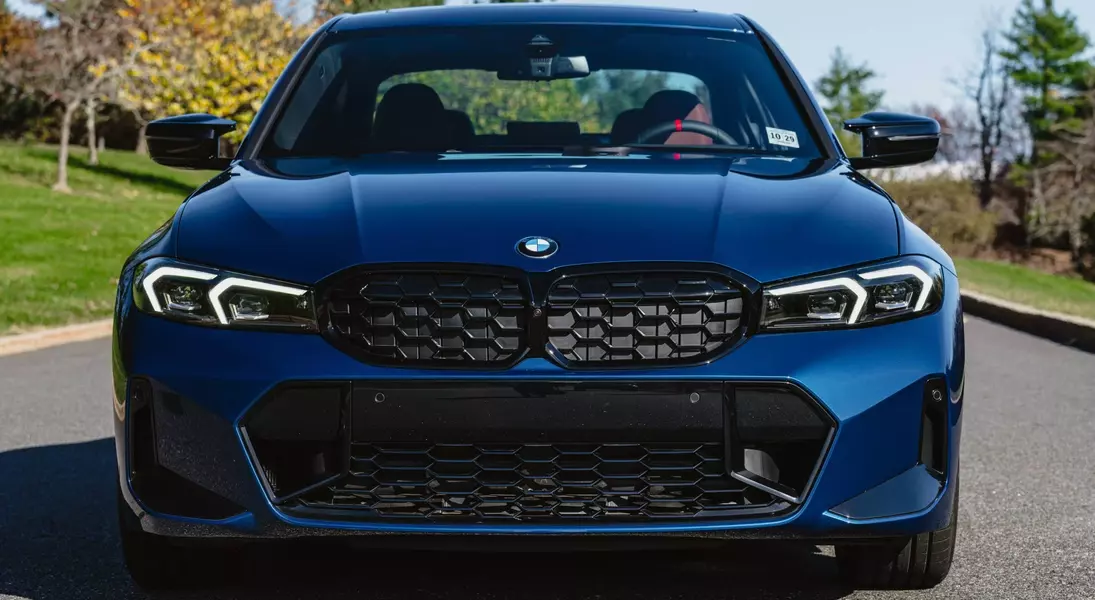
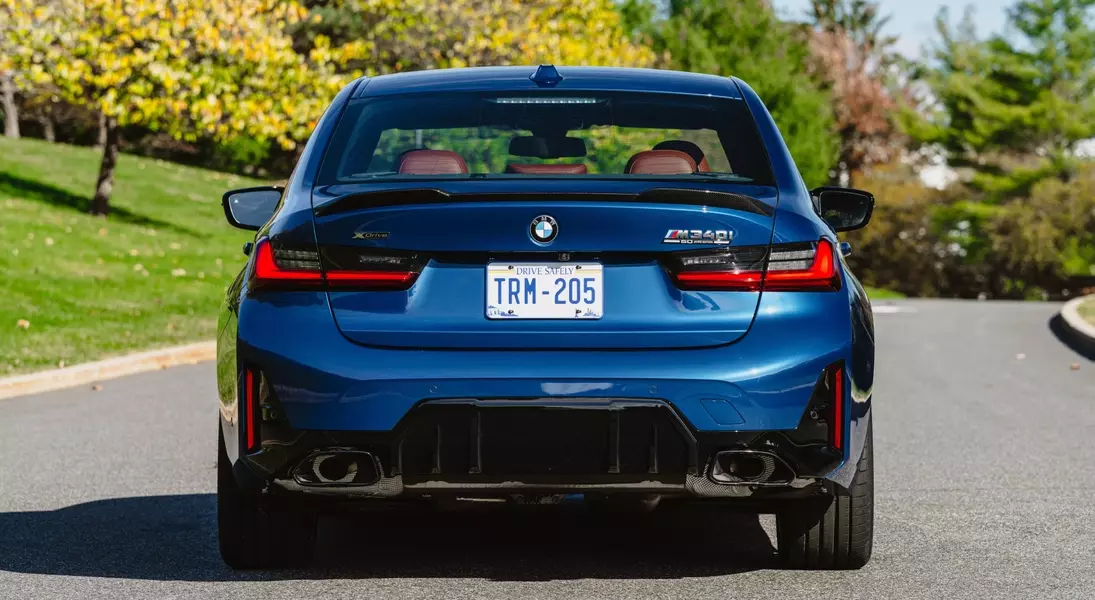
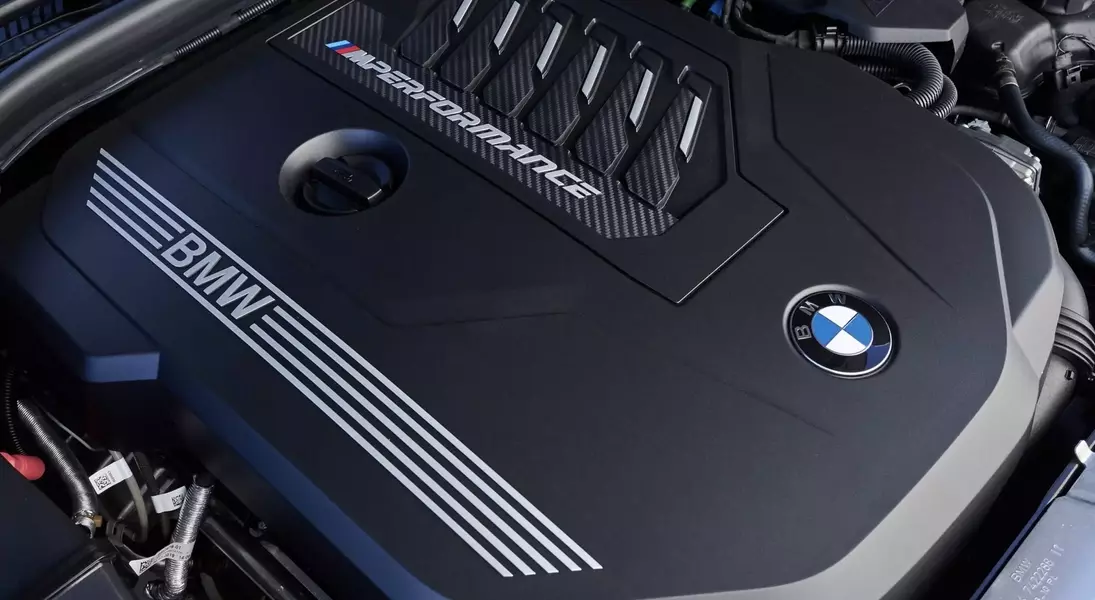


In the competitive realm of luxury compact sedans, the 2026 BMW 3 Series and the 2026 Mercedes-Benz C-Class continue their long-standing rivalry, maintaining their positions as highly refined choices. While larger German sedans were once considered the pinnacle of corporate achievement, these two models have historically offered a more accessible entry into premium motoring without compromising on sophistication. Today, even with the increasing dominance of compact crossovers like BMW's X3 and Mercedes' GLC, there remains a dedicated demand for these stylish and dynamic sedans. This comparative analysis aims to illuminate the core distinctions between the 3 Series and C-Class, helping prospective buyers determine which vehicle aligns best with their priorities. It's important to note that this comparison specifically excludes the high-performance M3 and C63 variants, as their price points and performance capabilities place them in a separate category.
Over the years, the distinct identities of the 3 Series and C-Class have evolved, yet their fundamental appeal persists. Historically, the BMW 3 Series was celebrated for its engaging, albeit sometimes austere, driving experience, while the Mercedes C-Class was known for its solid, comfort-oriented luxury. However, both brands have subtly shifted their philosophies, leading to a convergence of characteristics. The current 3 Series now incorporates a greater degree of luxury, while the C-Class has surprisingly enhanced its sporty credentials, making it a more dynamic companion on winding roads. Despite these changes, the 3 Series largely retains its reputation as the preferred choice for driving enthusiasts who prioritize a visceral connection to the road. In contrast, the C-Class continues to embody the essence of a luxurious cruiser, prioritizing comfort and refinement above all else. This divergence in character is immediately apparent in their exterior designs. The G20 generation of the 3 Series boasts an athletic and purposeful stance, avoiding the visual bulk often associated with its larger 5 or 7 Series siblings. Conversely, the C-Class presents itself as a more compact rendition of the opulent S-Class, with smoother, more flowing lines that consciously echo its flagship counterpart, aspiring to replicate its grandeur on a smaller scale.
These differing design philosophies are further reinforced by their respective driving experiences. While the contemporary G20 3 Series may not possess the raw playfulness of its E36 predecessor, it undeniably offers sharper handling than its Mercedes rival. Although some might argue that the steering feel in the 3 Series could be improved, its overall responsiveness makes it the more engaging option for spirited driving. The Mercedes C-Class, on the other hand, provides a noticeably quieter and more serene ride, emphasizing passenger comfort. Its interior also tends to exude a greater sense of opulence, with more elaborate styling and potentially richer materials, even if the overall build quality between the two remains comparable. This enduring contrast in their fundamental personalities is what has fueled their captivating rivalry throughout automotive history, and it continues to be a defining factor today.
A significant divergence between these two German rivals lies in their available engine configurations. Historically, both brands offered a wider array of engine choices, including the prominent six-cylinder engines that defined many models from around 2005. Fast forward to today, and both manufacturers have embraced a trend of engine downsizing, though not to the same degree. In their entry-level forms, the 3 Series and C-Class feature identical powertrain specifications. Both are equipped with a 2.0-liter turbocharged four-cylinder engine, delivering 255 horsepower and 295 lb-ft of torque. However, the BMW variant demonstrates superior acceleration, with the 330i xDrive achieving 0 to 60 mph in a swift 5.4 seconds, whereas the C300 4Matic takes a slightly longer six seconds.
As one ascends the model range, the differences in powertrain offerings become more pronounced. The BMW M340i stands out with its robust 3.0-liter turbocharged six-cylinder engine, an acclaimed B58 unit, producing 386 horsepower and 398 lb-ft of torque. This engine is celebrated not only for its impressive power output but also for its exhilarating exhaust note, propelling the M340i xDrive from 0 to 60 mph in a mere 4.1 seconds. Mercedes' equivalent, the C43, employs a 2.0-liter four-cylinder engine enhanced with an electric exhaust-gas turbocharger, generating 416 horsepower and 369 lb-ft of torque. The C43 is exclusively available with all-wheel drive, while BMW offers a rear-wheel-drive option for the M340i. Despite its higher horsepower, the C43 is marginally slower to 60 mph, completing the sprint in 4.3 seconds. Although the Mercedes C43 offers a sophisticated and rapid driving experience, its four-cylinder engine, while technologically advanced, cannot match the rich and resonant sonic character of BMW's six-cylinder powerhouse.
Another consistent aspect of the BMW 3 Series and Mercedes-Benz C-Class rivalry has been their pricing, with the C-Class typically commanding a higher price point across generations. This trend continues with the latest models. The BMW 330i starts at an approximate price of $47,500, with the 330i xDrive variant priced at around $49,500. In comparison, the Mercedes C300 and its all-wheel-drive counterpart, the C300 4Matic, are priced at approximately $49,650 and $51,650, respectively. This pricing structure means that a fully-equipped 330i with all-wheel drive can be acquired for less than a C300 without the all-wheel-drive option, presenting a compelling value proposition for the BMW.
Moving further up the performance ladder, the M340i, with its rear-wheel-drive configuration, is priced at about $61,700, and the all-wheel-drive version comes in at roughly $63,700. The Mercedes-AMG C43 4Matic, on the other hand, starts at around $64,150. Considering that the BMW M340i offers quicker acceleration and the more emotionally resonant sound of a six-cylinder engine, it presents itself as an especially attractive choice for performance-minded buyers. It's also worth noting that both vehicles, when loaded with optional features and packages, can see their prices escalate significantly, often approaching the cost territory of their higher-performance M3 and C63 siblings.
Despite the passage of time, the fundamental character and distinctions between the 2026 BMW 3 Series and 2026 Mercedes-Benz C-Class endure, even as both have grown in size and technological sophistication. Their unique personalities, visual designs, and driving dynamics remain remarkably separate. While the M340i offers a more compelling proposition than the four-cylinder C43, the base 330i and C300 models are remarkably closely matched, both delivering a more engaging driving experience than their SUV counterparts. These two luxury sedans continue to be exceptional choices within their segment, fulfilling a diverse range of preferences for discerning drivers.
